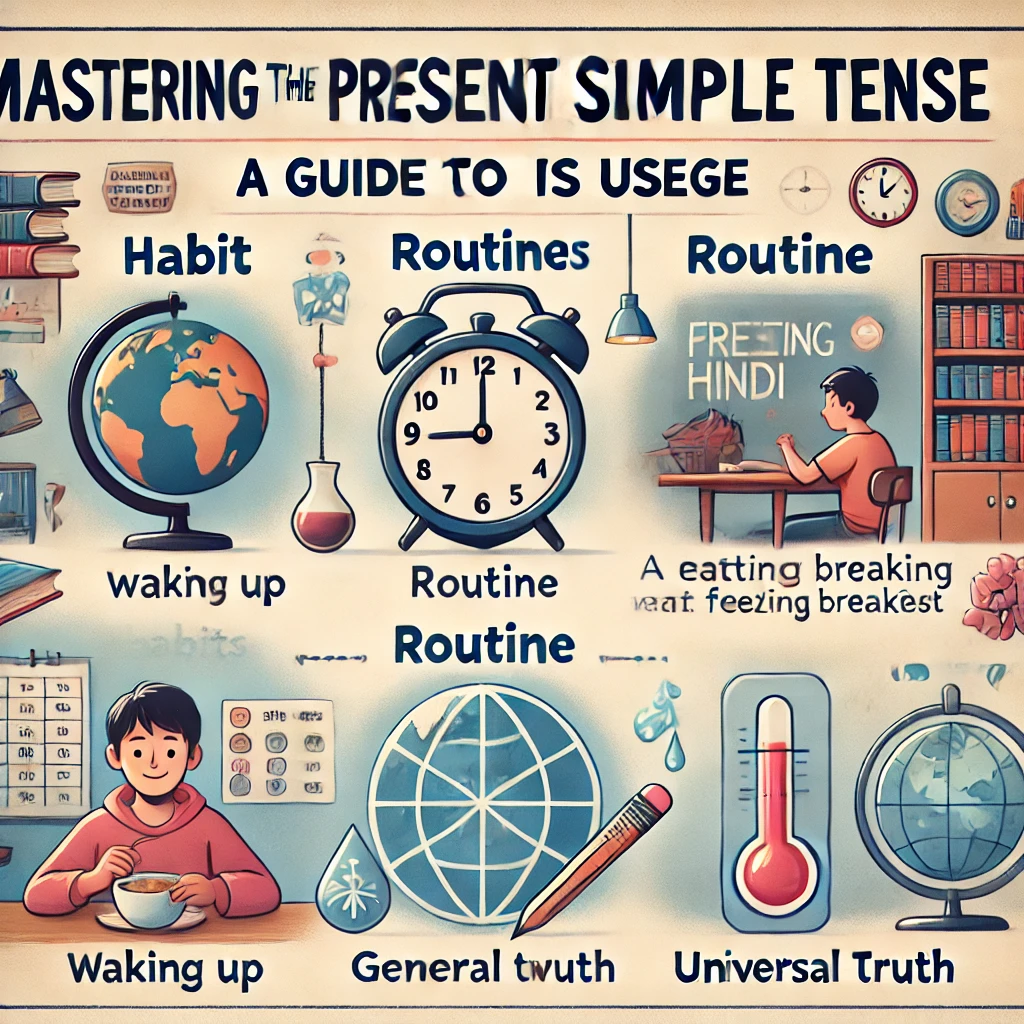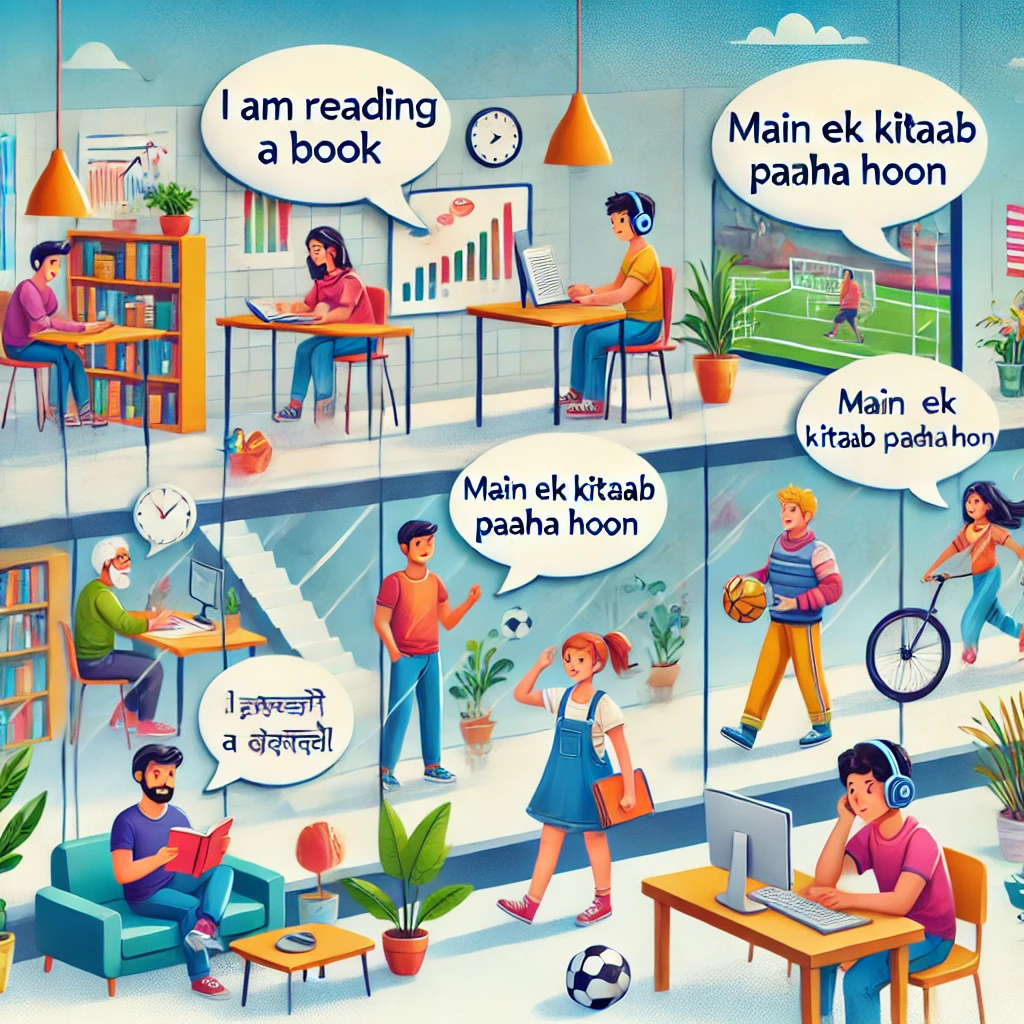Hindi Explanation:
आज के तकनीकी युग में, स्पष्ट और सटीक संचार अत्यंत महत्वपूर्ण है। तकनीकी लेखन और मैनुअल में, क्रियाविशेषण (Adverbs) विशेष रूप से आवृत्ति के क्रियाविशेषण (Adverbs of Frequency - जैसे हमेशा, कभी-कभी, अक्सर, कभी नहीं आदि) एक महत्वपूर्ण भूमिका निभाते हैं। इनका गलत प्रयोग तकनीकी दस्तावेजों की समझ को प्रभावित कर सकता है और गलतफहमी पैदा कर सकता है। उदाहरण के लिए, "यंत्र को हमेशा बंद कर दें" का अर्थ "यंत्र को कभी बंद न करें" से बिलकुल अलग है। इसलिए, तकनीकी लेखन में आवृत्ति के क्रियाविशेषणों का सही उपयोग स्पष्टता, सटीकता और सुरक्षा सुनिश्चित करता है। गलत उपयोग से उपकरण खराब हो सकते हैं या उपयोगकर्ता को नुकसान हो सकता है। इस प्रकार, तकनीकी लेखन और मैनुअल में इनका सही और संदर्भानुसार उपयोग अत्यंत आवश्यक है। यह उपयोगकर्ताओं को उपकरणों और प्रक्रियाओं को सही ढंग से समझने में मदद करता है।
English Explanation:
In today's technologically advanced world, clear and precise communication is paramount. In technical writing and manuals, adverbs, particularly adverbs of frequency (always, sometimes, often, never, etc.), play a crucial role. Their incorrect usage can significantly impact the understanding of technical documents and lead to misinterpretations. For instance, the instruction "Always switch off the machine" has a completely different meaning from "Never switch off the machine." Therefore, the correct use of adverbs of frequency in technical writing ensures clarity, precision, and safety. Incorrect usage can lead to equipment malfunction or even user injury. Accurate and contextually appropriate application of these adverbs is, therefore, essential in technical writing and manuals. This helps users correctly understand equipment operation and procedures, preventing errors and promoting safe usage. The precision demanded by technical writing necessitates a thorough understanding and careful application of adverbs of frequency to ensure unambiguous instructions and prevent potentially hazardous misinterpretations.
| English | Hindi | Roman Hindi |
|---|---|---|
| I always brush my teeth. | मैं हमेशा अपने दाँत ब्रश करता हूँ। | Main hamesha apne daant brush karta hun. |
| She often visits her grandparents. | वह अक्सर अपने दादा-दादी से मिलने जाती है। | Wah aksar apne dada-dadi se milne jati hai. |
| He sometimes forgets his homework. | वह कभी-कभी अपना होमवर्क भूल जाता है। | Wah kabhi-kabhi apna homework bhool jata hai. |
| We rarely go to the cinema. | हम कम ही सिनेमा जाते हैं। | Ham kam hi cinema jate hain. |
| They never complain. | वे कभी शिकायत नहीं करते। | Ve kabhi shikayat nahin karte. |
| I usually wake up early. | मैं आमतौर पर जल्दी उठता हूँ। | Main aamtaur par jaldi uthta hun. |
| He frequently checks his emails. | वह बार-बार अपने ईमेल चेक करता है। | Wah bar-bar apne email check karta hai. |
| We seldom eat junk food. | हम कम ही जंक फूड खाते हैं। | Ham kam hi junk food khate hain. |
| She occasionally plays the piano. | वह कभी-कभी पियानो बजाती है। | Wah kabhi-kabhi piano bajati hai. |
| They normally arrive on time. | वे सामान्यतः समय पर पहुँचते हैं। | Ve samanyatah samay par pahunchte hain. |





